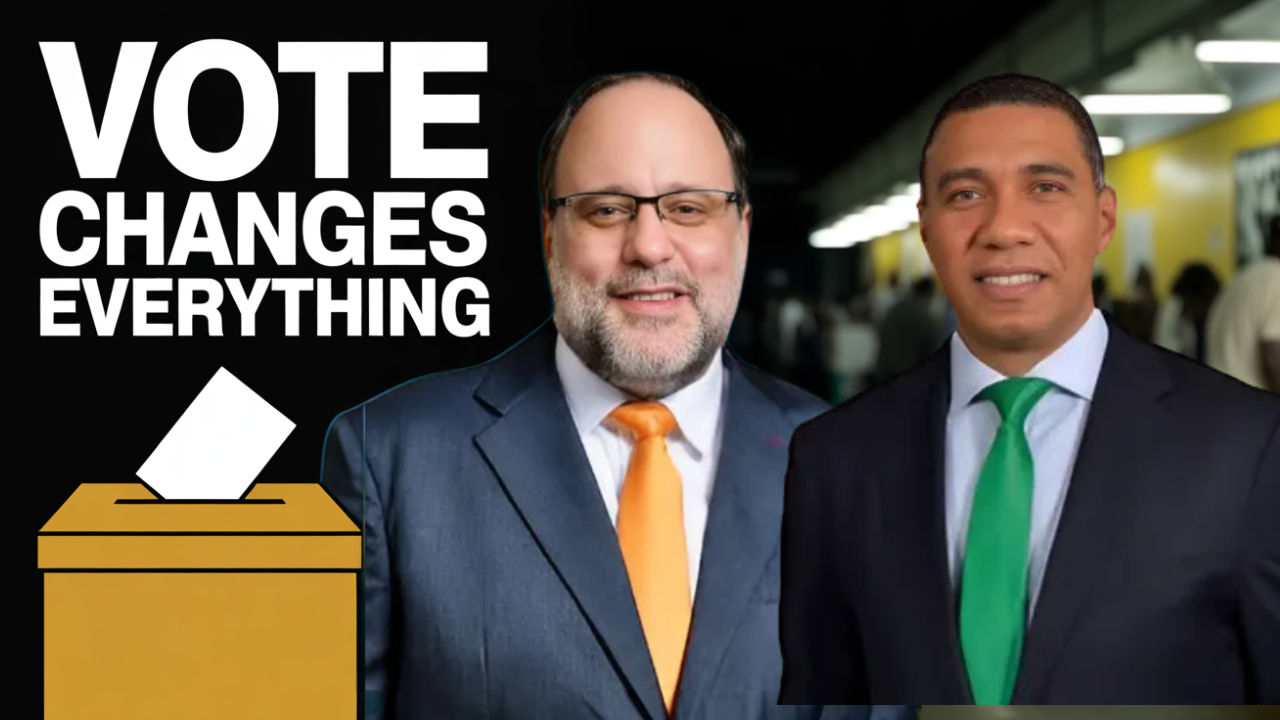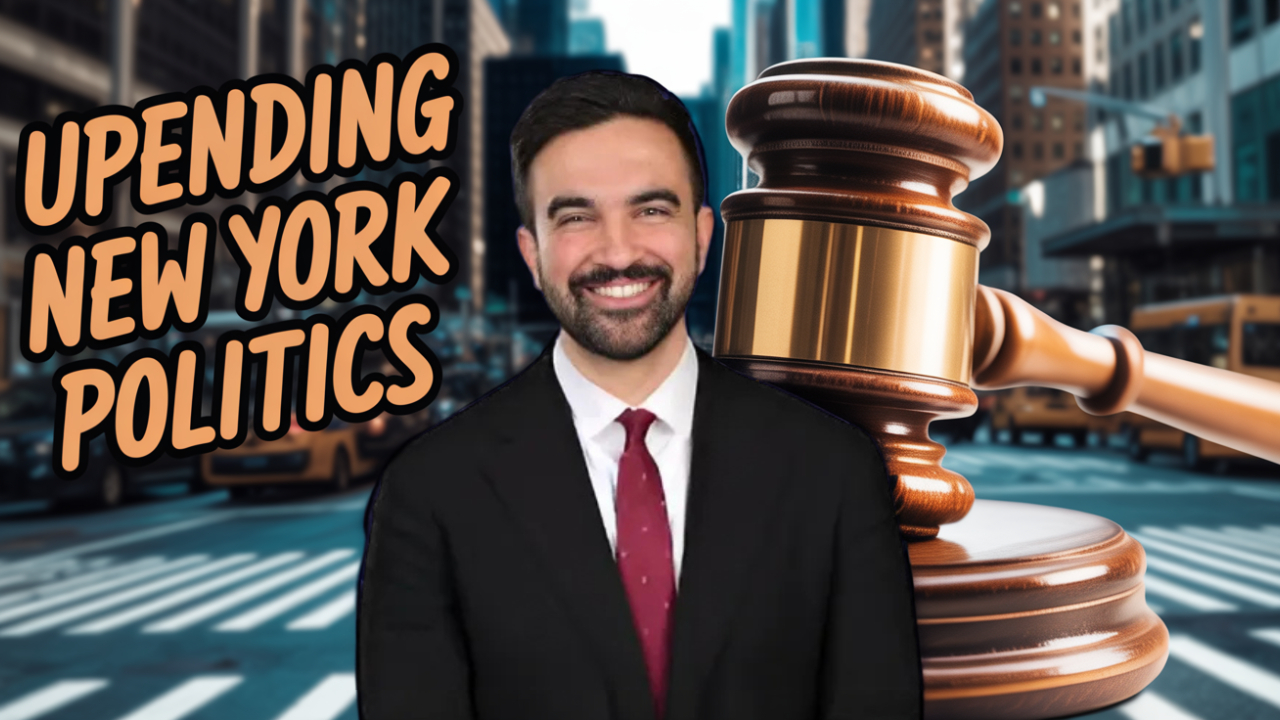His 2025 win in the New York Democratic mayoral primary against the Adams–Cuomo political machine redefines the future of the Democratic Party—and challenges the populist illusion of Trumpism. Mamdani’s campaign drew inspiration from the progressive insurgencies of Alexandria Ocasio-Cortez and Bernie Sanders—transforming grassroots energy into a citywide movement demanding economic justice, housing reform, and a departure from establishment compromise.
In a stunning political earthquake, Zohran Mamdani—a democratic socialist of Ugandan and Indian heritage—won the 2025 Democratic mayoral runoff in New York City, toppling establishment-aligned figures connected to Mayor Eric Adams and former Governor Andrew Cuomo. Once considered a longshot, Mamdani’s grassroots-powered victory signals a growing hunger for ideological clarity, bold reforms, and real representation in America’s largest city.
A Socialist Upset in the Stronghold of Power
New York City, long dominated by real estate donors, centrist Democrats, and machine politics, has never seen anything quite like this. Mamdani's campaign, built on working-class solidarity, climate justice, rent control, and an anti-police brutality stance, broke through the noise—and the money. Facing opponents backed by the Adams-Cuomo coalition, Mamdani’s campaign eschewed political consultants and corporate endorsements for community organizing and mutual aid.
The Trump Contrast: Populism vs. Policy
Mamdani’s rise exposes the hollow core of Donald Trump’s populist brand. While Trump continues to dominate headlines by appealing to poor and working-class voters through grievance politics and fear, his policies consistently favor the wealthy and corporate elite. Mamdani, by contrast, offered a real economic and moral alternative—one that resonated not through media theatrics but through a platform of dignity, equity, and inclusion.
Jewish Youth for Mamdani? The Unexpected Alliance
Perhaps the most surprising data point of the runoff was Mamdani’s significant support from young Jewish voters—despite his vocal pro-Palestinian stance. This generational shift, driven by a desire for justice, accountability, and universal human rights, bucked traditional expectations. Younger Jewish New Yorkers are increasingly distancing themselves from pro-Israel orthodoxy and embracing candidates whose values align with anti-oppression and anti-racist frameworks—even if those views challenge longstanding U.S. foreign policy norms.
The Missing Link: Black Voter Hesitation
Mamdani’s coalition was broad and passionate—but not all-encompassing. Notably, support among older and moderate Black voters lagged behind. Many Black New Yorkers, long skeptical of white progressive movements, remain closely tied to the Democratic establishment through local churches, unions, and political figures like Hakeem Jeffries—none of whom endorsed Mamdani.
There’s also a lived memory of betrayal: politicians who claim to represent radical change but disappear after elections. For many, Mamdani still represents a new, untested current—and trust takes time to build.
A Challenge to the Democratic Party
Mamdani’s win forces the Democratic Party to confront its identity crisis. Does it remain tethered to donor-class centrism and risk alienating its most energized base? Or does it embrace a multi-racial, working-class future with bold moral clarity? With Mamdani’s ascendance, the party can no longer afford to hedge. His victory was not a fluke—it was a blueprint.
Not Just a Symbol: A Governing Vision
Mamdani’s platform is unapologetically transformative: city-owned housing, fare-free public transit, abolition of solitary confinement at Rikers, and investment in climate-resilient infrastructure. This isn’t idealism—it’s a governing mandate endorsed by voters tired of half-measures and police-first budgets.
And unlike many insurgents, Mamdani now faces the test of governing. But if his campaign is any indication, he won’t back down from the system—he intends to reshape it.
Amid Trump’s return to power, Mamdani’s win suggests that the future of progressive politics won’t come from the center—but from the margins, climbing upward with clarity, courage, and conviction.
Looking Ahead: The November General Election Battle
With his victory in the Democratic primary, Zohran Mamdani is now officially the Democratic nominee for the upcoming November 2025 mayoral election. In that general election, he will face not just a Republican challenger—likely Curtis Sliwa—but also a number of Democrats who are expected to run as independents, including incumbent Mayor Eric Adams and possibly former Governor Andrew Cuomo.
This dynamic sets the stage for a highly competitive and fragmented race, where vote splitting among centrists could create an unpredictable outcome. As Mamdani seeks to translate his grassroots insurgency into a citywide governing mandate, his ability to broaden his coalition beyond progressive enclaves will be critical. All eyes will now be on how he navigates this multi-front contest leading into November.
Can Mamdani’s Progressive Platform Translate Nationally?
While Mamdani’s triumph has electrified progressive circles in New York, it raises a deeper question for national politics: can such a boldly leftist platform resonate with voters outside major urban centers? Figures like Bernie Sanders and Alexandria Ocasio-Cortez have built large followings, especially among younger Americans, but their vision of democratic socialism still faces stiff resistance in swing states and rural areas.
Critics argue that Mamdani’s proposals—such as rent cancellation, public control of utilities, and NYPD reform—may not survive contact with broader national sensibilities, particularly where anti-socialist sentiments remain strong. His path forward will depend not just on delivering results in New York City, but on whether his governance can serve as a persuasive model for the rest of the country.
Trump’s ‘Communist’ Label and a Possible Post-Election Showdown
As Mamdani’s national profile rises, so does the opposition. Former President Donald Trump has already labeled him a 'communist,' a political attack that reflects both ideological hostility and calculated messaging to energize conservative voters. Should Mamdani win the November mayoral election, he may find himself at the center of a post-election ideological showdown—not just with city conservatives, but potentially with federal leadership if Trump returns to the White House.
Such rhetoric frames Mamdani not just as a local politician, but as a symbol in a broader cultural war over the future of American cities. Whether this hostile branding will damage his ability to govern—or amplify his national influence—remains to be seen.
Addressing Critiques and Nuancing the Narrative
To fully contextualize Mamdani’s rise, it's important to acknowledge both the complexity of his coalition and the critiques he faces. Polling conducted by the New York Civic Institute in June 2025 indicated that Mamdani led among voters under 35—including a plurality of Jewish voters—despite concerns raised by organizations such as the Orthodox Union and UJA-Federation over his stance on Israel and Gaza. While this suggests a generational shift, analysts caution against overstating a uniform swing, as Jewish voter support remains mixed and highly contingent on district and affiliation.
On the opposition front, Mamdani’s critics include figures like Andrew Cuomo, who labeled his proposals 'reckless experiments,' and Eric Adams, who has emphasized 'law-and-order realism' in contrast to Mamdani’s police reform agenda. These detractors argue that Mamdani’s platform lacks fiscal discipline and underestimates public concerns around safety and economic growth. Including these voices underscores the real policy debate underway—not just a clash of personalities but of governing visions.
Additionally, Mamdani’s own campaign statements in press conferences and interviews, such as his June 30th appearance on NY1, consistently stress that he does not advocate for abolishing the NYPD but rather for restructuring it to ensure community accountability and reinvestment in public services. This clarification helps separate rhetoric from policy reality, providing a fuller picture of his platform.
Conclusion: The Socialist Mayor in America’s Capital of Capital
Zohran Mamdani’s rise to the brink of power in New York isn’t just a local upset—it’s a generational turning point. In defeating the Adams–Cuomo machine, he reminded us that democratic socialism is not political suicide. It’s a demand for a government that reflects its people, not its donors.
In an America once again shaped by Trump-era politics and still grappling with post-pandemic realities, Mamdani’s win suggests that the future of progressive politics won’t emerge from the center—but from the margins, rising with clarity, courage, and conviction







